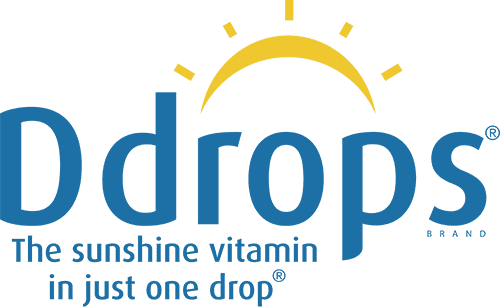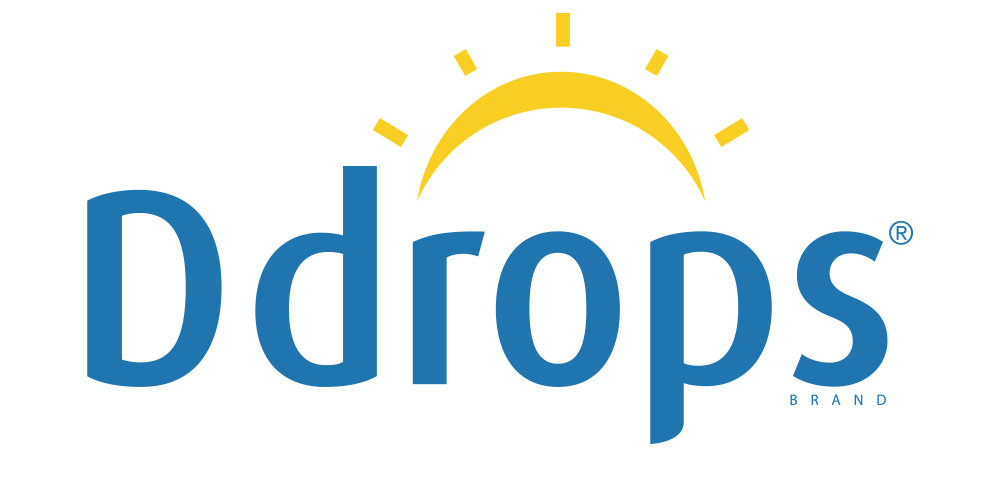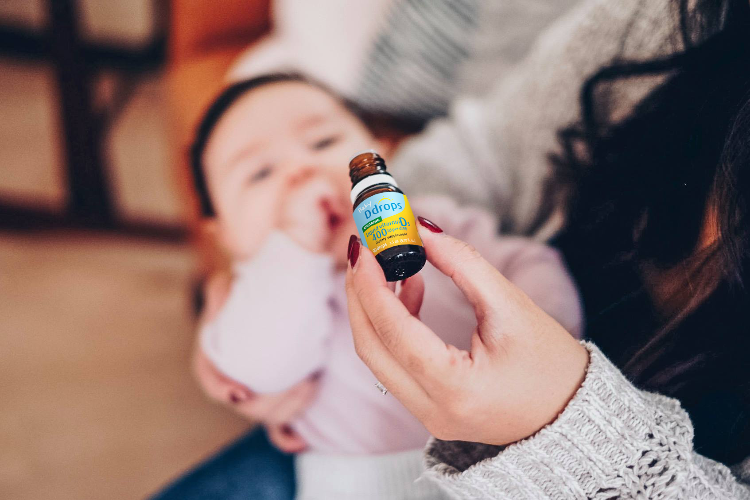June 18, 2020
Food combining
Eating specific nutrients together can sometimes help our bodies absorb and utilize one (or both) of those nutrients even better than if we were to eat them on their own. For example, when we eat calcium, our bodies can absorb it better when that calcium is combined with vitamin D. Even though we go big overall health benefits from eating both calcium and vitamin D solo, combing them together gives us a bigger bang for our bone-health-buck. Another nutrient that our bodies get a bigger boost when consuming vitamin D is vitamin K.
Vitamin K
Vitamin K is a fat-soluble vitamin just like vitamin D. Fat-soluble vitamins mean that are stored into the fat cells of our bodies so that we can pull from those stores when we need them. Our bodies use vitamin K to produce a protein called prothrombin, among other things, prothrombin plays a crucial role in our bone formation, bone density, and bone strength. Because of its role in creating and maintaining strong bones, adequate vitamin K is also attributed to helping to prevent bone fractures and osteoporosis. Sound familiar? Maybe a little bit like what vitamin D does? Close! These two vitamins, along with calcium, work together to make our bones the healthiest they can be.
Bone Health Trifecta
Vitamin D, vitamin K and calcium all work together to build strong bones and keep those bones healthy. We get a ton of overall health benefits from each of these nutrients separately. But there is a unique bone health miracle that happens when we pair them all together. Some foods actually already have this magic trio in them for you already like eggs, making them a great way to start your day. Other meals will need you to pair some foods together like spinach or kale with salmon; the perfect dinner combo! Pair together one of each of these items to make other great bone-healthy meals.
- For Vitamin K: spinach, kale, chard, romaine, broccoli, brussels sprouts, eggs, chicken, or pork
- For Vitamin D: eggs, salmon, fortified dairy products, fortified cereals, and a vitamin D supplement
- For Calcium: salmon, almonds, broccoli, kale, spinach, dairy products (like milk, yogurt, cheese)







Để lại một bình luận
Trang web này được bảo vệ bằng reCAPTCHA. Ngoài ra, cũng áp dụng Chính sách quyền riêng tư và Điều khoản dịch vụ của Google.